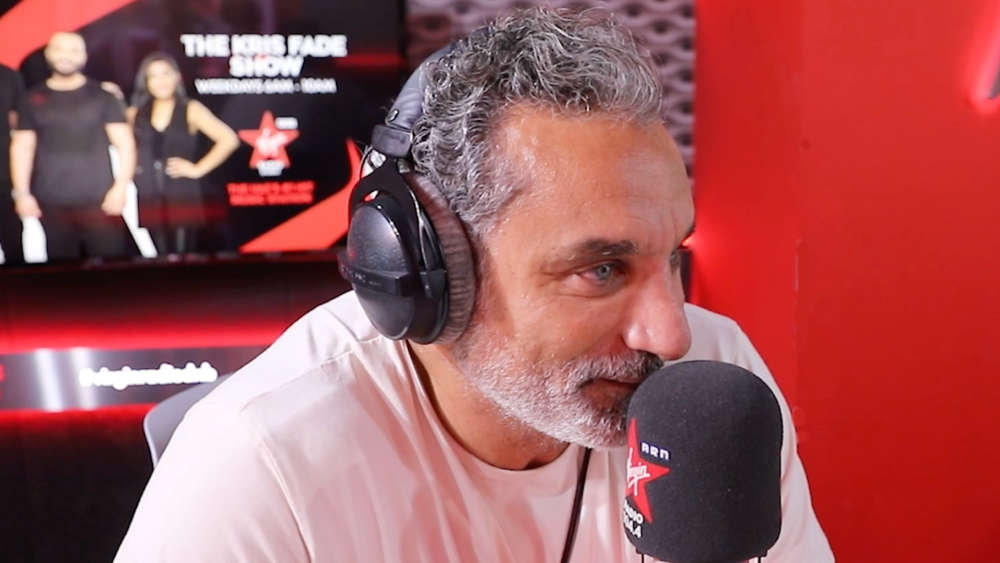
Nepal is asking citizens living abroad to deposit funds in domestic banks to ensure the financial system has enough liquidity and preserve foreign exchange reserves amid economic woes.
Nepal's Finance minister Janardan Sharma said on Saturday.
Speaking to Reuters, he denied Nepal was facing an economic crisis despite the impact of soaring commodity prices as the tourist industry, a key source of revenues, struggles to recover after the COVID-19 pandemic.
Nepal, wedged between China and India, this month imposed curbs on luxury goods imports to rein in capital outflows. Foreign exchange reserves fell over 18 per cent to $9.6 billion (AED 35 billion) as of mid-March from mid-July - enough for around six months of imports.
By depositing their savings in Nepal, overseas Nepalis would continue to "maintain their link as well as benefit from 6 to 7 per cent interest" offered by Nepali banks, Sharma said.
Sharma said the economy did not face a crisis and Nepal's situation could not be compared with Sri Lanka. That South Asian country is facing its worst economic crisis in decades and anti-government protests.
In Nepal, remittances by overseas workers, which constitute nearly a quarter of the economy and are crucial for external payments, fell 3 per cent to $5.3 billion (AED 19.5 billion) between mid-July to mid-March, compared with a 5 per cent increase in the same period a year earlier.
Earnings from tourism, which fell sharply after the start of the pandemic in 2020, are slowly picking up, but remain well below pre-COVID levels.
Sharma said if 100,000 Nepali nationals living abroad deposited $10,000 (AED 36,700) each in Nepali banks it could go a long way to help Nepal overcome the current liquidity constraints.
Nepal has also decided to accept $659 million (AED 2.4 billion) in aid from the United States and about $150 million (AED 551 million) in soft loans from the World Bank, Sharma said.
"The money to be received from the United States over five years is a (non-refundable) grant," he said.




 Nasdaq set to confirm bear market as Trump tariffs trigger recession fears
Nasdaq set to confirm bear market as Trump tariffs trigger recession fears
 Dana Gas and Crescent Petroleum exceed 500M boe in Khor Mor field
Dana Gas and Crescent Petroleum exceed 500M boe in Khor Mor field
 China to impose tariffs of 34% on all US goods
China to impose tariffs of 34% on all US goods
 Shares bruised, dollar crumbles as Trump tariffs stir recession fears
Shares bruised, dollar crumbles as Trump tariffs stir recession fears




